Mastering the Basics: Essential Accounting Training for Beginners
Accounting is often described as the language of business, and mastering its basics is crucial for anyone looking to succeed in the financial world. Whether you’re a budding entrepreneur, a student, or someone looking to pivot your career, understanding fundamental accounting principles can set you on the path to success. In this blog, we’ll explore essential accounting training topics that beginners should focus on to build a strong foundation.
1. Understanding Financial Statements
One of the first steps in accounting training is learning how to read and interpret financial statements. Key documents include the balance sheet, income statement, and cash flow statement. These statements provide valuable insights into a company’s financial health and performance.
2. The Accounting Equation
At the core of accounting is the accounting equation: Assets = Liabilities + Equity. This simple formula forms the foundation of double-entry bookkeeping and is essential for understanding how transactions affect a company’s financial position.
3. Basic Bookkeeping Skills
Effective bookkeeping is crucial for maintaining accurate financial records. Beginners should learn how to record transactions, track expenses, and manage accounts payable and receivable. Familiarity with accounting software can also enhance your efficiency in these tasks.
4. Familiarity with Accounting Principles
Understanding Generally Accepted Accounting Principles (GAAP) or International Financial Reporting Standards (IFRS) is essential for ensuring compliance and accuracy in financial reporting. Beginners should familiarize themselves with these standards to understand how they impact financial statements.
5. Budgeting and Forecasting
Learning to create and manage budgets is vital for both personal and business finances. Training should cover how to develop realistic budgets, monitor spending, and adjust forecasts based on actual performance. This skill is key to effective financial planning and decision-making.
6. Tax Fundamentals
Basic knowledge of tax regulations and obligations is important for any accounting beginner. Understanding how taxes work, including deductions, credits, and filing requirements, will help you better navigate the financial landscape.
7. Continuing Education and Resources
Accounting is a field that evolves continuously. Beginners should seek ongoing training and resources to stay updated on new regulations, technologies, and best practices. Online courses, workshops, and professional certifications can provide valuable learning opportunities.





